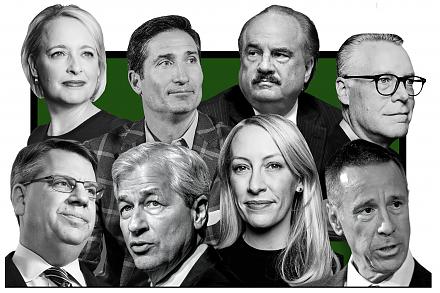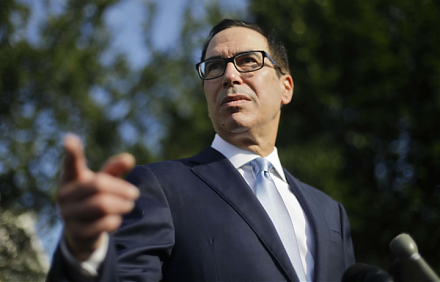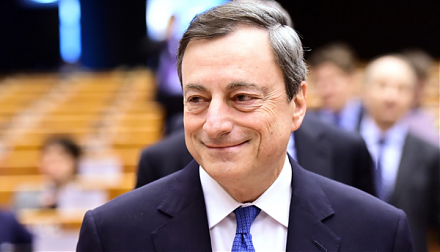

2017-08-31 09:36:00 Thu ET
technology antitrust competition bilateral trade free trade fair trade trade agreement trade surplus trade deficit multilateralism neoliberalism world trade organization regulation public utility current account compliance
The Trump administration has initiated a new investigation into China's abuse of American intellectual property under Section 301 of the Trade Act of 1974. This strategic move boils down to the fact that the U.S. has just fired the first shot in an open trade war with China. While tax cuts trump trade, this Section 301 investigation can be the first tangible economic sanction against China.
However, Chinese retaliation may manifest in the generic form of large-scale U.S. Treasury bond sales, much less usage and consumption of U.S. soybeans, oats, semiconductors, mobile electronic devices, and other key imports, or both. These economic repercussions reverberate up and down the corporate value chain to induce an adverse impact on U.S. manufacturers, upstream suppliers, and downstream distributors nationwide.
Despite this clear and present trade war with China, the Trump stock market rally continues to benefit the typical institutional or retail stock investor under Section 301 legal protection of U.S. intellectual property. The main beneficiaries are the R&D-intensive firms with numerous patents such as pharmaceutical companies such as Pfizer, Merck, and Johnson & Johnson, tech-savvy platform orchestrators such as Apple, Google, Microsoft, Facebook, and IBM, as well as ecommerce giants such as Amazon and Alibaba.
A potential threat may be the new opportunity. Every cloud has a silver lining!!
If any of our AYA Analytica financial health memos (FHM), blog posts, ebooks, newsletters, and notifications etc, or any other form of online content curation, involves potential copyright concerns, please feel free to contact us at service@ayafintech.network so that we can remove relevant content in response to any such request within a reasonable time frame.
2024-01-31 14:33:00 Wednesday ET

The new world order of trade helps accomplish non-economic policy goals such as national security and technological dominance. To the extent that freer
2019-04-13 14:28:00 Saturday ET

Saudi Aramco unveils the financial secrets of the most profitable corporation in the world. In its recent public bond issuance prospectus, Aramco offers the
2017-12-03 08:37:00 Sunday ET

Sean Parker, Napster founder and a former investor in Facebook, has become a "conscientious objector" on Facebook. Parker says Facebook explo
2019-08-09 18:35:00 Friday ET

Nobel Laureate Joseph Stiglitz maintains that globalization only works for a few elite groups; whereas, the government should now reassert itself in terms o
2019-09-15 14:35:00 Sunday ET

U.S. Treasury officially designates China a key currency manipulator in the broader context of Sino-American trade dispute resolution. The U.S. Treasury cla
2019-04-11 07:35:00 Thursday ET

European Central Bank designs its current monetary policy reaction function and interest rate forward guidance in response to key delays in inflation conver